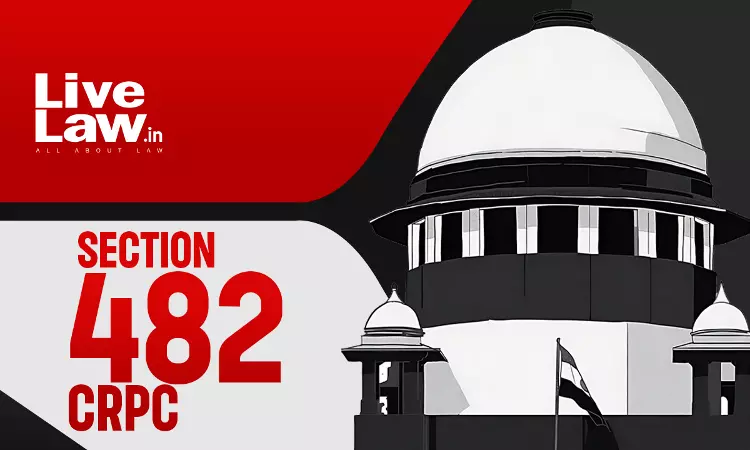The Supreme Court (on December 14), while allowing an appeal seeking quashing of an FIR, opined that while exercising power under Section 482, CrPC, the High Court was legally bound to see if accusations constitute any offence or not.To provide a brief background, the complainant (second respondent) and appellant had a minor daughter. The appellant had already filed a petition for the...

